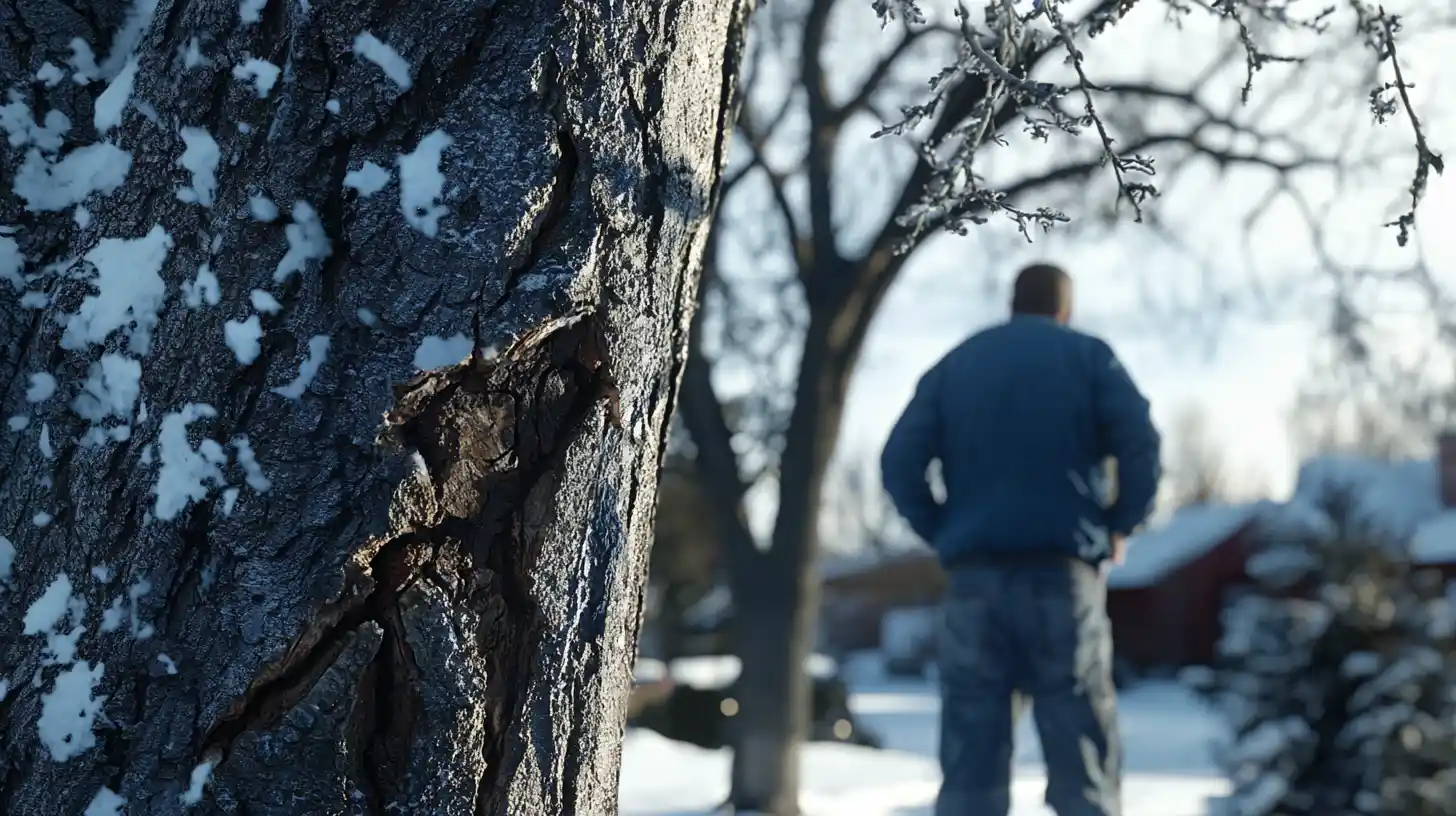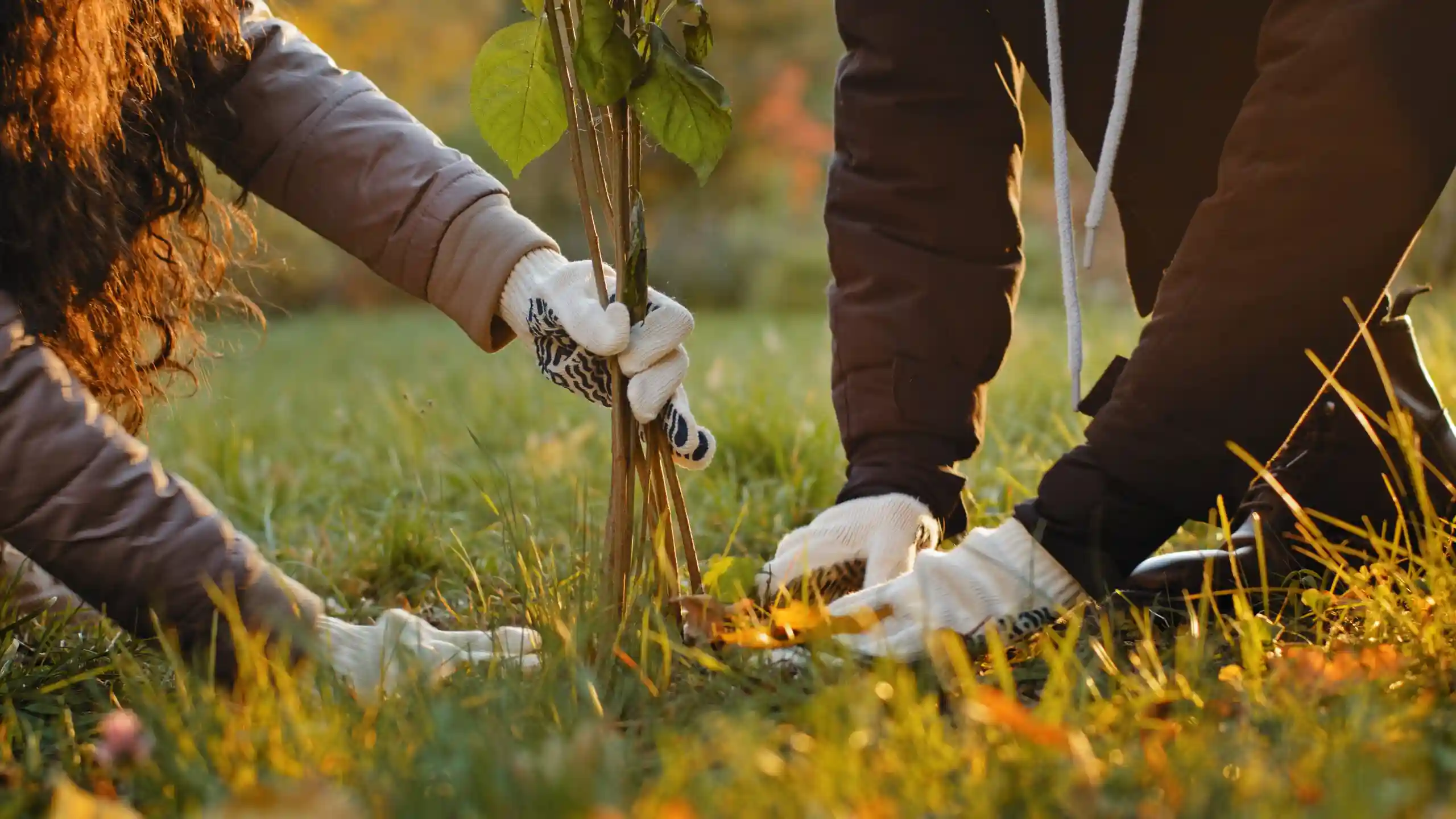Cedar Apple Rust: A Threat to Cedar and Apple Trees
Cedar Apple Rust (CAR) is a fungal disease that poses a significant threat to both cedar and apple trees. Caused by the fungus Gymnosporangium juniperi-virginianae, this disease can cause severe damage and impact the health and productivity of these trees. This article explores the key aspects of Cedar Apple Rust and its effects on cedar and apple trees.
Causes and Transmission:
Cedar Apple Rust is a complex disease that requires two host trees to complete its life cycle. The fungus alternates between juniper or cedar trees (its primary host) and apple or other fruit trees (its secondary host). Spores produced on cedar trees are carried by wind to nearby apple trees, where infection occurs. The cycle continues as infected apple trees produce spores that are then carried back to cedar trees.
Symptoms and Effects:
The symptoms of Cedar Apple Rust vary depending on the host tree. On cedar trees, the disease manifests as orange-brown galls or swellings on the branches. These galls release spores during wet conditions. On apple trees, symptoms include yellow-orange spots or lesions on leaves, fruits, and sometimes twigs. Severely affected apple trees may experience defoliation, reduced fruit quality, and stunted growth.
Impact on Dogwood Trees and Ecosystems:
Management and Prevention:
Managing (CAR) involves a combination of cultural practices and chemical control measures. Techniques such as pruning infected branches, removing nearby cedar trees, and selecting resistant apple tree varieties can help reduce disease incidence. Fungicides can be applied at specific times during the growing season to prevent infection and reduce the spread of spores.
(CAR) is a significant concern for both cedar and apple trees, impacting their health, productivity, and overall well-being. Implementing appropriate management practices, including tree selection, monitoring, and timely fungicide applications, can help mitigate the impact of this fungal disease. By safeguarding these trees, we can protect the beauty of cedar forests and ensure the vitality of apple orchards for generations to come.



